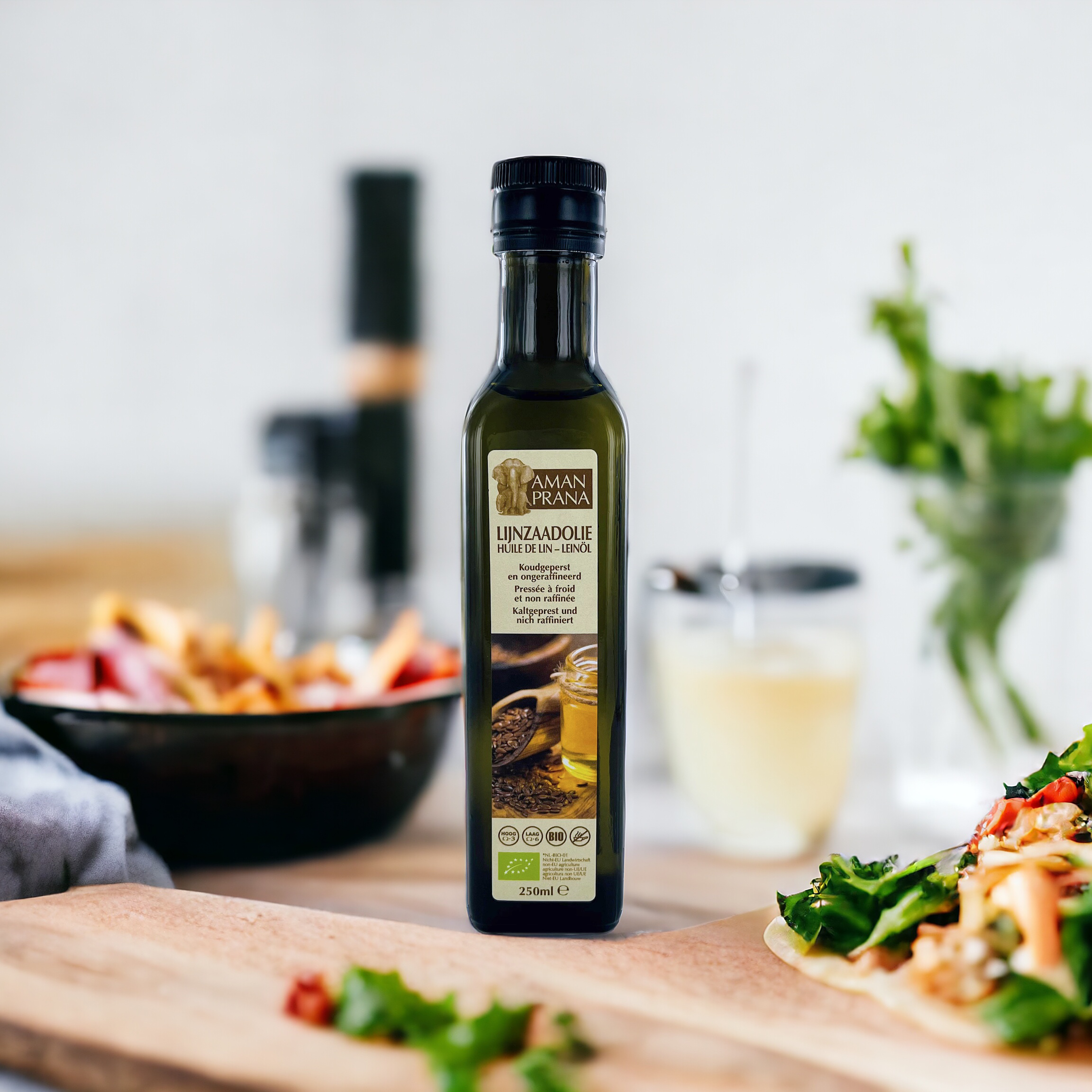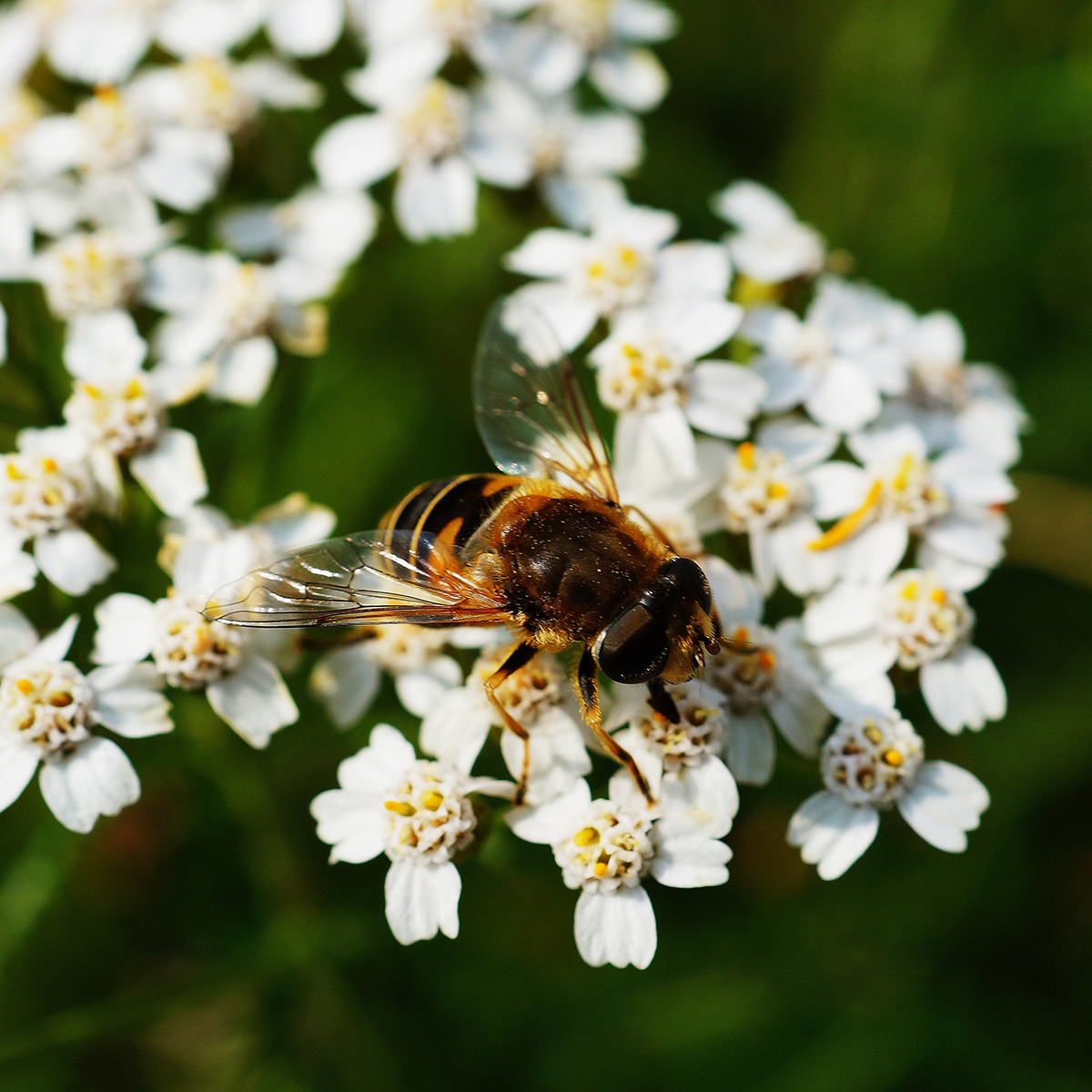Organic Agave Syrup: A Natural Sugar Alternative with Unique Qualities
Agave syrup, also known as agave nectar, is a popular sugar alternative that has garnered attention for its unique qualities and versatile uses. In this blog post, we will explore the origins of agave syrup, how it is produced, and why it stands out from other sugars. We will also discuss how to evaluate the quality of agave syrup and provide suggestions for using it in various culinary applications.
Table of Contents:
- What is Agave Syrup?
- The Origins of Agave Syrup
- The Production Process
- How is Agave Syrup Different from Other Sugars?
- Evaluating the Quality of Agave Syrup
- How to Use Agave Syrup
- Conclusion
What is Agave Syrup?
Agave syrup is a natural sugar alternative derived from the sap of the agave plant. It has a sweet taste and a consistency similar to honey, making it a versatile ingredient in a variety of recipes. Agave syrup is often used in vegan and health-conscious recipes due to its plant-based origins and unique characteristics.
The Origins of Agave Syrup

Agave syrup comes from the agave plant, which is native to Mexico and the southern United States. The agave plant is known for its large, succulent leaves and its ability to thrive in arid conditions. There are over 200 species of agave, but the most commonly used for producing agave syrup is the Blue Agave (Agave tequilana Weber).
Interestingly, the agave plant has a long history of use by indigenous people in these regions, who have utilized its leaves for food, fiber, and even to make a fermented drink called pulque. Agave syrup, however, is a more recent innovation, gaining popularity in recent years as a natural sugar alternative.
The Production Process
The process of making agave syrup begins with harvesting the agave plants when they are between 7-10 years old. At this age, the plants have accumulated high levels of natural sugars, making them ideal for syrup production. The leaves of the agave plant are cut off, leaving only the core, or "piña," which resembles a large pineapple.
The piñas are then transported to a processing facility, where they are chopped and shredded to extract their juice. The juice is filtered and then heated at a low temperature to break down the complex carbohydrates into simple sugars, primarily fructose and glucose. This process, known as hydrolysis, results in a sweet syrup that is then concentrated and bottled for use.
How is Agave Syrup Different from Other Sugars?
Agave syrup stands out from other sugars for several reasons:
Agave syrup is primarily composed of fructose, which has a lower glycemic index (GI) than sucrose (table sugar) or glucose. This means that it has a slower impact on blood sugar levels, making it a popular choice for those looking for a sugar alternative.
Agave syrup is sweeter than table sugar, so less is needed to achieve the same level of sweetness. This can result in fewer calories consumed, although it is important to remember that agave syrup is still a form of sugar and should be used in moderation.
Due to its plant-based origins, agave syrup is a suitable choice for vegans and those with dietary restrictions who may not be able to consume traditional sugars or honey.
Evaluating the Quality of Agave Syrup
When looking for high-quality agave syrup, consider the following factors:
- Purity: Look for agave syrup that is made from 100% pure agave, without any added sugars or other additives. This ensures that you are getting the true flavor and benefits of agave syrup, without unnecessary additives.
- Origin: High-quality agave syrup will typically come from Mexico, the native region of the agave plant. Look for brands that source their agave syrup from this area to ensure authenticity.
- Organic Certification: Choosing an organic agave syrup means that the agave plants were grown without the use of synthetic fertilizers, pesticides, or genetically modified organisms (GMOs). This can contribute to a cleaner, more sustainable product.
- Raw or Lightly Processed: Agave syrup that is raw or minimally processed will retain more of its natural nutrients and flavors. Look for products that are processed at low temperatures to maintain these qualities.
- Transparency: Reputable brands will be transparent about their production processes, including how the agave plants are grown, harvested, and processed into syrup. Look for companies that are forthcoming with this information to ensure you are purchasing a high-quality product.
How to Use Agave Syrup

Agave syrup is a versatile natural sugar alternative that can be used in a variety of culinary applications. Here are some suggestions on how to use agave syrup in your cooking:
Use as a Sweetener for Beverages:
Agave syrup dissolves easily in both hot and cold liquids, making it a great choice for sweetening coffee, tea, smoothies, or cocktails.
Use Agave for Baking:
You can replace sugar with agave syrup in many baking recipes by using about two-thirds the amount of agave syrup as you would sugar. Be sure to reduce the oven temperature by 25°F (about 15°C) and monitor closely to prevent over-browning, as agave syrup can cause baked goods to brown more quickly than sugar.
Use Agave for Salad Dressings and Marinades:
Use agave syrup to sweeten homemade salad dressings, marinades, or sauces. The syrup's mild flavor allows it to blend seamlessly into these recipes.
Use Agave as a Topping for Pancakes, Waffles, or Oatmeal:
Drizzle agave syrup over your favorite breakfast dishes as a delicious alternative to maple syrup or honey.
As a Yogurt or Ice Cream Sweetener:
Stir agave syrup into plain yogurt or use it to sweeten homemade ice cream for a touch of natural sweetness.
Conclusion
Agave syrup is a natural sugar alternative with unique qualities that set it apart from other sugars. Its origins in the agave plant, along with its versatile uses and lower glycemic index, make it an appealing choice for those looking for a healthy sugar alternative. By understanding the production process and how to evaluate the quality of agave syrup, you can confidently incorporate this natural sweetener into your cooking and enjoy its distinct flavor and benefits.
DISCLAIMER: AMANVIDA DOES NOT PROVIDE MEDICAL ADVICE
The information, including but not limited to, text, graphics, images and other material contained on this website are for informational purposes only. No material on this site is intended to be a substitute for professional medical advice, diagnosis or treatment. Always seek the advice of your physician or other qualified healthcare provider with any questions you may have regarding a medical condition or treatment and before undertaking a new health care regimen, and never disregard professional medical advice or delay in seeking it because of something you have read on this website











The information below is required for social login
Sign In
Create New Account